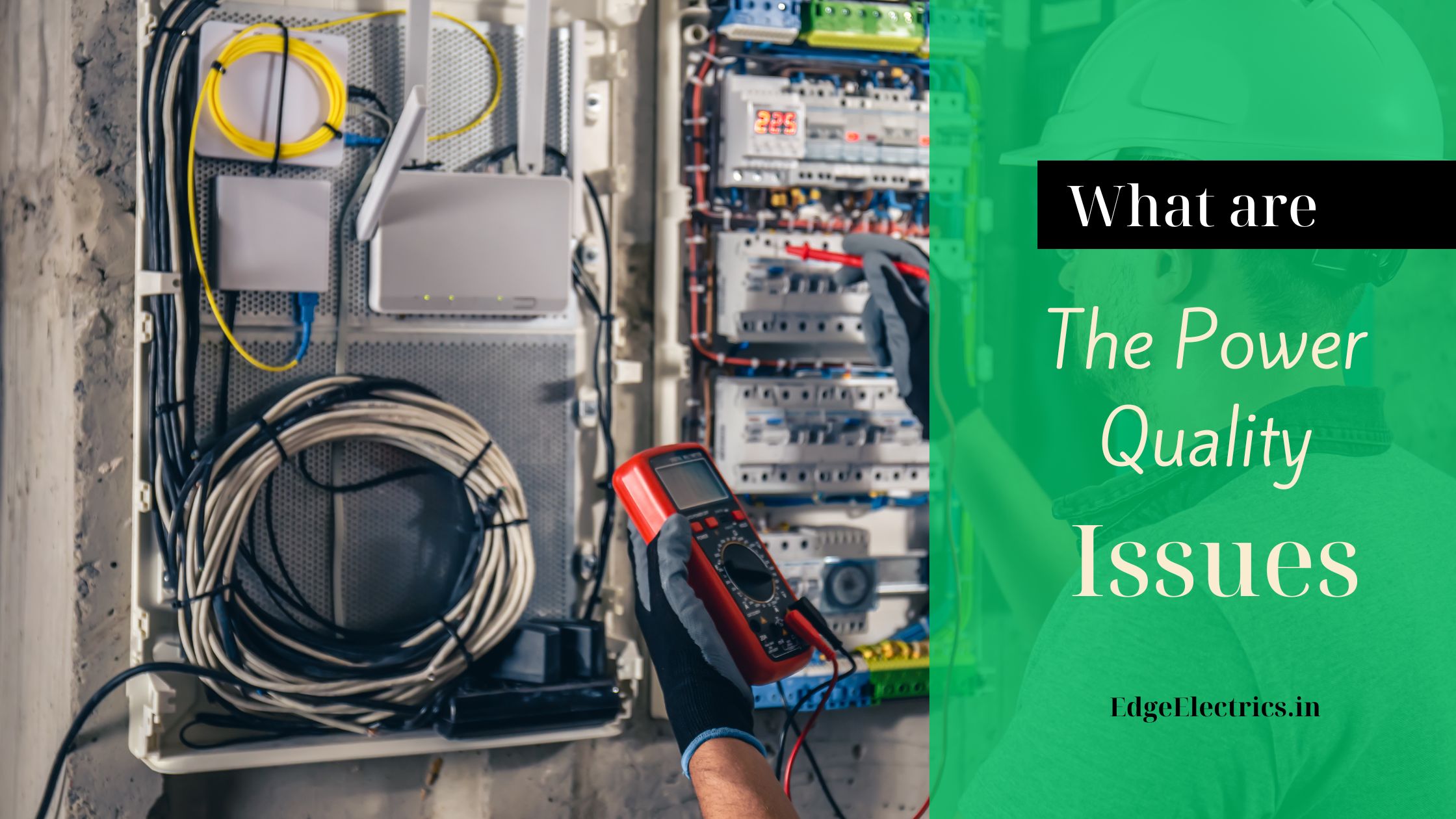
Electric power quality (EPQ) is a critical outlook of modern electrical systems. Still it is often overlooked by many businesses and facilities. The reliability, stability, and consistency of electrical power supplied to various equipment and systems is called power quality. Any fluctuations or disturbances in this quality can cause a range of issues, from equipment malfunction to significant financial losses. This article will inspect why electric power quality is essential and the effect it has on both industrial and commercial operations.
Why Electric Power Quality Important?
1. Prevention of Equipment Damage
One of the most important factors for maintaining good power quality is to protect electrical equipment. Poor power quality, for instance voltage sags, surges, or harmonics, can lead to equipment to overheat, malfunction, or even fail prematurely. This can result in unexpected downtime, costly repairs, and frequent replacement of equipment. High-quality power confirms that equipment operates within its designed specifications, developing its longevity and lowering maintenance costs.
2. Operational Efficiency
For industries that depend heavily on machinery and automated systems, power quality directly affects operational efficiency. When power is unreliable or distorted, it can lead to operational slowdowns or interruptions, which reduce productivity. High-quality electric power ensures smooth operation of machines. It’s improving overall workflow and minimising the chances of disruptions in production or service delivery.
3. Cost Reduction
Poor electric power quality can cause inefficiencies in energy consumption. For example, voltage imbalances or power factor issues may result in higher energy usage for the same output, thus enhancing utility costs. In addition, businesses may incur penalties from utility providers for operating with poor power factors. Investing in power quality management systems can aid reduce energy waste. And avoid such penalties, leading to significant cost savings over time.
4. Safety Concerns
Power quality issues can create safety hazards as well. Voltage fluctuations, for instance, can occur unpredictable equipment behaviour. Posing risks to personnel operating machinery or working in environments where stable power is essential. In facilities with sensitive processes like chemical plants or hospitals, any power disturbance could result in critical failures, potentially endangering lives. Hence, maintaining electric power quality is important for confirming a safe working environment.
5. Protection of Sensitive Equipment
Modern businesses depend on highly sensitive electronic equipment like servers, computers, communication devices, and specialised manufacturing machinery. These devices are particularly vulnerable to disturbances like transients, surges, and harmonic distortion. Which can cause data loss, malfunction, or even permanent damage. Making sure high electric power quality assists protect these critical assets, preventing unexpected failures and preserving valuable information.
6. Compliance with Standards
Many industries are subject to regulatory standards regarding power quality. Compliance with these standards ensures efficient operation and helps avoid legal and financial penalties as well. In sectors like manufacturing, healthcare, and telecommunications, maintaining proper power quality is often a requirement to meet operational and safety standards. By adhering to these regulations, businesses can avoid disruptions due to non-compliance and ensure they remain competitive in the market.
7. Power Quality and Renewable Energy Integration
With the enhancing adoption of renewable energy sources. Like solar and wind power, maintaining power quality has become even more crucial. These energy sources, while environmentally friendly, can introduce variability into the power grid. Without proper power quality management, integrating renewable energy can cause issues such as voltage flicker and harmonics. Effective power quality control ensures that renewable energy systems work harmoniously. It work with the existing electrical grid, maintaining a stable supply of power.
Conclusion
In today’s technology-driven world, the importance of electric power quality cannot be overstated. Whether in a manufacturing plant, a data centre, or a commercial facility, maintaining high power quality ensures efficient operations. protects sensitive equipment, and enhances safety. It decreases operational costs, minimises downtime, and helps businesses stay compliant with industry standards. As businesses continue to adopt advanced technologies and integrate renewable energy systems. Focusing on electric power quality will become even more essential for long-term success.
continue reading
Related Posts
Power Quality Disturbances are voltage sags, swells, spikes, fluctuation and […]
Maintaining Good Power Quality includes several important characteristics such as […]
Ensuring good power quality is crucial in electrical systems. As […]



